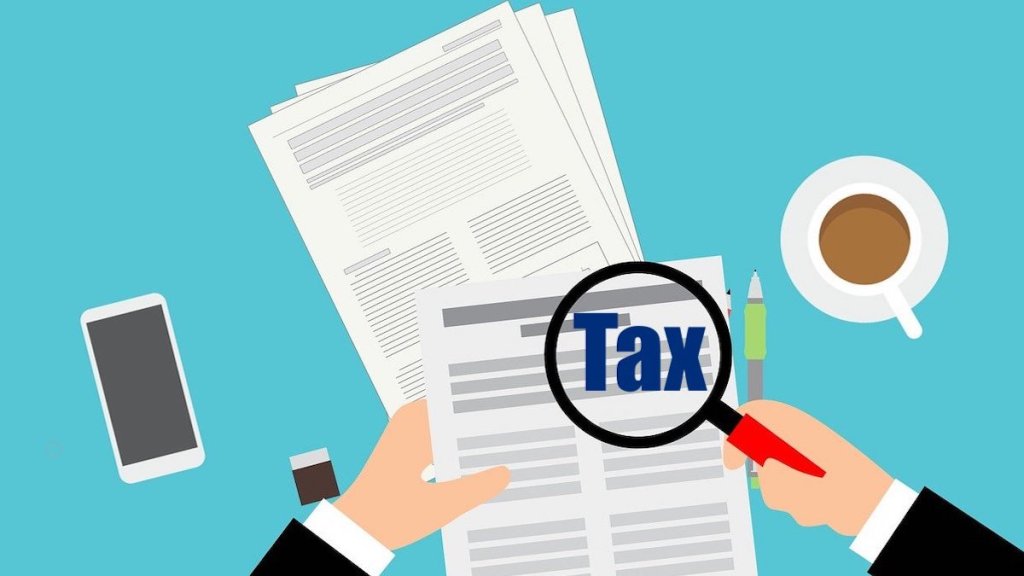Question: What should I know about the recent changes related to e-invoicing in GST?
Siddharth Surana, Director, RSM India, answers:
Currently, all taxpayers whose annual aggregate turnover exceeds Rs 5 crore during any of the preceding financial years from FY 2017-18 onwards are required to undertake e-invoicing by reporting their B2B and export invoices (including debit or credit notes) on the designated Invoice Registration Portals (IRPs).
The GSTN had earlier released an advisory on 13th April 2023 communicating the time limits with respect to reporting of invoices on the e-invoice IRP portals. As per the said advisory, with effect from 1 May 2023, the taxpayers with PAN-based annual turnover equivalent to or exceeding Rs 100 crore would be restricted from the generation of IRN after 7 days from the date of the document i.e. tax invoice or debit/credit note, as the case may. However, the said imposition of the time limit of Rs 100 crore was deferred by 3 months.
Also Read: Property sale: Is Capital Gain exemption restricted to Rs 10 crore or the cost of a new asset?
The National Informatics Centre has now introduced an advisory communicating the time limits with respect to reporting of invoices on the e-invoice IRP portals by way of which w.e.f. 1 November 2023 onwards, the taxpayers with PAN-based annual turnover of Rs 100 crore or more would not be permitted to generate IRN after 30 days from the date of the document i.e. tax invoice or debit/credit note, as the case may be.
The taxpayers falling within the said ambit would be required to ensure the timely generation of e-invoices as per the new time limit since the in-built validation system shall not allow the users to report the invoice on the IRPs after the 30-day time frame.
This Q&A series is published every week on Thursday.
Disclaimer: The views and facts shared above are those of the expert. They do not reflect the views of financialexpress.com

